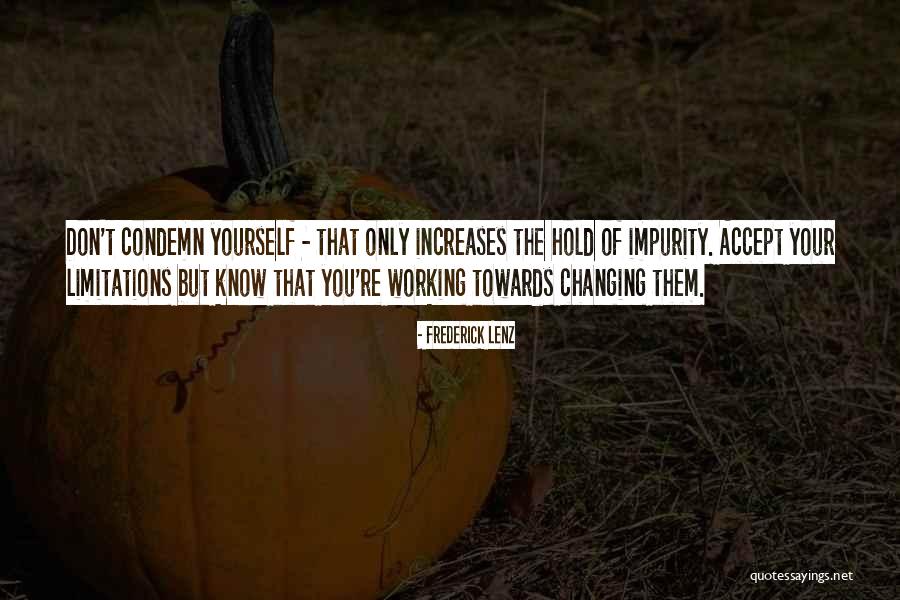
The Illusion of Control: Accepting Limitations in Medical Treatment
The experience of illness often brings with it a powerful desire for control. We want to influence outcomes, dictate the course of treatment, and ensure the best possible scenario. However, the medical field is a complex landscape with inherent uncertainties and limitations. This article delves into the concept of the “illusion of control” in the context of medical treatment, exploring how accepting these limitations is crucial for better patient outcomes. It will identify common sources of this illusion and provide practical strategies to approach treatment with realistic expectations and a stronger emotional framework. The article will be divided into sections, including the conceptualization of the illusion, the manifestation of the illusion in various treatment scenarios, and strategies to move from an illusion of control to acceptance and proactive management of treatment.
Understanding the Illusion of Control
Defining the Illusion
The illusion of control manifests when individuals believe they have more influence over the outcome of a situation than is actually the case. In medical contexts, this often takes shape as an expectation of total control over treatment decisions and outcomes. This desire for control stems from deeply rooted human tendencies to find patterns and solutions to problems. It reflects our inherent need for predictability and a feeling of agency. Patients may feel they must control every variable to ensure a positive outcome, even when many aspects are beyond their direct influence. This often leads to anxiety, stress, and disappointment when the desired outcomes aren’t achieved. Understanding this illusion can empower patients to adopt a more realistic and adaptive approach to treatment.
Recognizing the Illusion in Different Medical Settings
Impact on Cancer Treatment
In cancer treatment, the illusion of control often arises from the desire to completely eradicate the disease. Patients may feel powerless if their treatment doesn’t yield the desired outcome. The complexities of different cancer types, the ever-evolving nature of therapies, and the potential for side effects can exacerbate this feeling. The need for personalization of care, combined with various factors outside of a patient’s control, can make it easy to feel like an individual’s contribution is insufficient. The crucial aspect is to realize that treatment plans are tailored based on the most appropriate data and available knowledge, and that some outcomes are intrinsically unpredictable.
Strategies for Accepting Limitations
Shifting Focus to Personal Agency
Instead of focusing on controlling the uncontrollable, patients can shift their focus to aspects within their direct control. This includes adherence to treatment plans, actively participating in decision-making, managing side effects, and seeking support from loved ones and professionals. The idea is to recognize the limitations in one’s power to completely control the outcome of the treatment while still retaining control over the actions taken to approach the treatment. For instance, a patient can focus on the ways they can manage their side effects, eat healthier, and stay active, all while acknowledging the intrinsic complexities of the disease.
The Role of Shared Decision-Making
Empowerment Through Understanding
The power of shared decision-making in medical treatment cannot be overstated. When patients and healthcare providers collaborate, a shared understanding of the treatment plan’s goals, expectations, and potential limitations is developed. This collaborative approach empowers patients to make informed choices and to feel more in control, although not in control of every aspect. Patients should be empowered to ask questions, participate in discussions, and seek clarifications. Active engagement fosters mutual trust and respect and can improve compliance and outcomes.
The Power of Emotional Support
Coping Mechanisms
Navigating the complexities of medical treatment often requires emotional resilience. Seeking support from family, friends, support groups, or mental health professionals can be invaluable. Coping mechanisms like meditation, mindfulness, and journaling can aid in managing anxiety and stress. Recognizing emotional distress and seeking external support is a strength, not a weakness, and often strengthens a person’s journey through treatment. Having a supportive network of people helps in managing the emotional impact of medical treatment.
Conclusion
Acknowledging the Limitations of Medical Treatment
The illusion of control can significantly impact patients’ emotional well-being and treatment adherence. Accepting the limitations of medical treatment is a crucial step toward navigating this journey with resilience and hope. By understanding that medical treatment often involves variables outside of individual control, patients can focus on what they can control, like lifestyle choices, active participation in treatment, and support from loved ones. This empowered approach fosters a more optimistic and hopeful outlook on the treatment process.
Frequently Asked Questions
What is the illusion of control in medical treatment?
How can I cope with the feeling of being unable to control medical outcomes?
What role does shared decision-making play in managing expectations?
In conclusion, accepting the limitations of medical treatment is a crucial step towards achieving optimal well-being and patient-centered care. Understanding the illusion of control allows patients to navigate their treatment journey with greater resilience, emotional intelligence, and a sense of hope. Prioritizing realistic expectations and seeking support systems can significantly improve the experience and outcome. If you or someone you know is facing such challenges, remember to seek professional guidance from healthcare providers and support groups, and always maintain open communication. Embracing shared decision-making and proactive participation in medical discussions are key for fostering a healthier and more hopeful outlook.